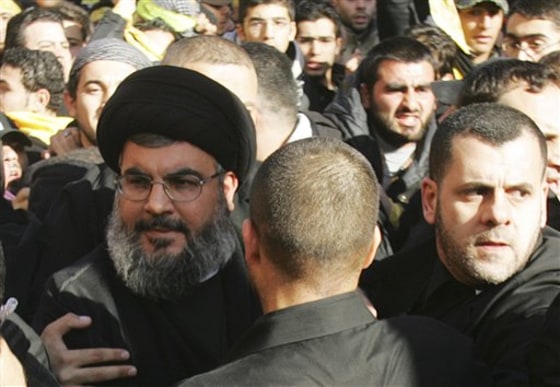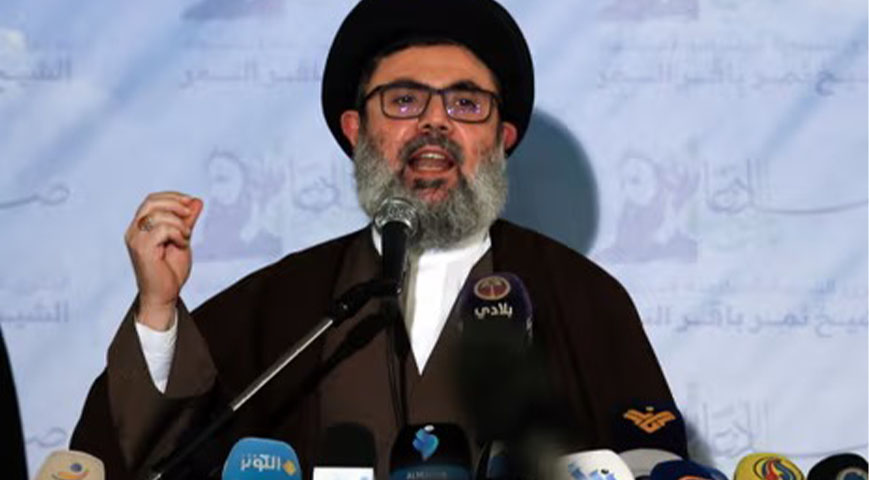Israel confirmed on Tuesday that Hashem Safieddine, a prominent Hezbollah leader and the successor to Hassan Nasrallah, was killed in an Israeli airstrike three weeks ago in Beirut.
Israel had previously hinted at his elimination but officially confirmed it only now. Safieddine’s death marks a significant blow to Hezbollah, as he was closely linked to Nasrallah and held key positions in the group’s military and financial operations.

Israeli military chief Lieutenant General Herzi Halevi emphasized Israel's determination to target Hezbollah’s leadership, including Nasrallah’s potential successors, as part of its broader efforts to protect Israeli civilians. Hezbollah has not yet responded to the announcement.
Did you read this?
The strike is part of Israel’s escalating military campaign in Lebanon, targeting Hezbollah after a year of heightened tensions along the border. Hezbollah, a powerful Iran-backed militant group, has been involved in supporting Palestinian factions in Gaza during their ongoing conflict with Israel.
In recent weeks, Israel has intensified airstrikes against Hezbollah, targeting high-ranking commanders, including Safieddine and Nasrallah, the latter killed in a September 27 strike.
As the conflict intensifies, Israel continues operations in Gaza and Lebanon, with no indication of scaling back. Israeli Prime Minister Benjamin Netanyahu met with U.S. Secretary of State Antony Blinken, who pushed for progress in securing the release of hostages taken by Hamas.

The visit comes amid a tense lead-up to the U.S. presidential election, which could shift future American foreign policy.
Meanwhile, Israeli strikes have caused widespread devastation in Lebanon, displacing over a million people and killing thousands. Hezbollah continues to launch retaliatory strikes, including a drone attack on Netanyahu’s residence.
Despite these developments, both Hezbollah and Hamas are resisting calls for negotiation, insisting on Israel’s withdrawal before any ceasefire is considered.









